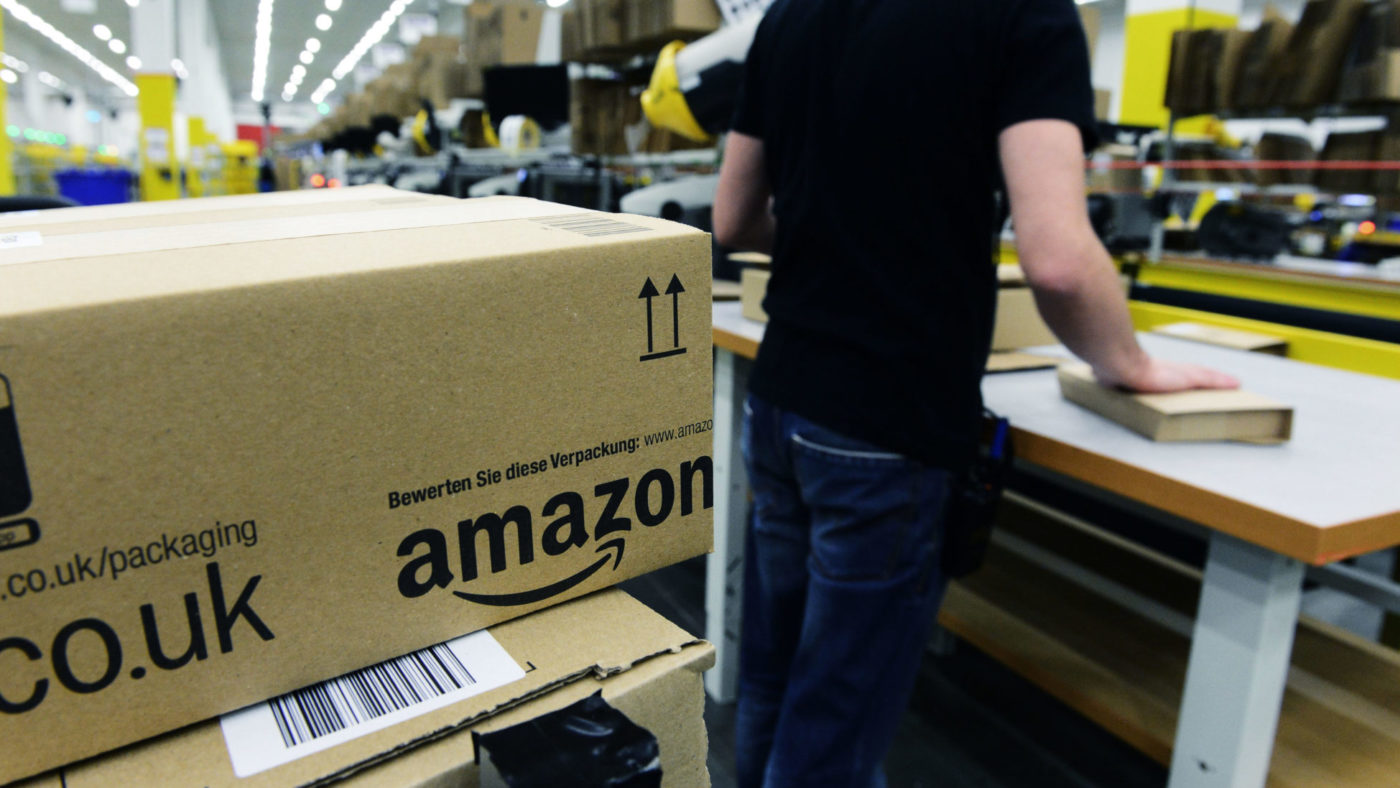“Amazon to Raise Its Minimum U.S. Wage to $15 an Hour” is a typical headline that one has seen today.
The company has announced that from November 1st its lowest pay rate will increase to $15 per hour in the U.S., £10.50 in London and £9.50 elsewhere in the U.K. It follows criticism of Amazon’s pay and conditions from everyone from Fox News anchor Tucker Carlson to left-wing firebrand Senator Bernie Sanders.
Emboldened by this perceived victory, the ‘Fight for $15’ in the U.S. and the “real” Living Wage campaign in the UK now have a new company-level example to call on in support of statutory legislation. If one of the world’s biggest companies can raise their internal “minimum wage,” then why can’t others?
This kind of argument is logically flawed. It’s important to remember that Amazon has made this decision considering its own perceived interest. It might be because it figures the bad publicity surrounding the firm had the potential to dent sales. It might be because they figured out that they could absorb any increased costs much more easily than other proposed policies in both countries (such as Senator Sanders ‘Corporate Welfare Tax’ or the UK government’s proposed digital services tax).
It might be because they expect future minimum wage hikes, and so are getting ahead of the curve. It might be because they can adjust compensation in other ways such that the move doesn’t bring a dramatic cost increase. It’s also possible that the company plans on making labour-saving technological investments anyway, so can couple it with efficiency improvements in the long-term with the added bonus of good PR today.
Whatever the thinking, Amazon thinks its business model can cope. But this tells us nothing about the feasibility of pay hikes for the low paid across the whole economy through raising minimum wage rates. Remember, the most robust evidence from Seattle still suggests that statutory pay hikes reduce job opportunities and maybe even lower overall incomes for the low paid as a cohort.
Sadly, lots of proponents of hiking minimum wages are prone to motivated reasoning here. They imply minimum wage increases bring no trade-offs. They want to claim that wage hikes benefit both workers and businesses – that firms will see big increases in productivity and greater attachment from workers such that firms’ bottom lines don’t suffer. So when a major company decides to voluntarily increase pay, it is just further evidence for their assertion. It just makes sense.
But this is wishful thinking. While some firms, such as Amazon, might feel that raising pay is right for the business, it seems unlikely that campaigners know what is best for all companies, and that employers are simply being irrational in missing out on productivity gains. Some companies do indeed choose to become “high pay” employers, taking on larger fixed costs in the hope they can recruit and retrain better talent.
But these benefits cannot possibly apply to the economy as a whole. If you keep raising the regulated pay floor, eventually opportunities will diminish, in particular for younger and less skilled workers, who are more risky for employers to take on. What is more, some businesses face such tight margins that they could not possibly do what Amazon has announced.
Indeed, Amazon’s positioning today implicitly admits this. Within the press release announcing their own pay hikes, the company says that it is going to also lobby for the federal minimum wage to be raised for everyone else too. In other words, now that it has raised its own per hour labour costs, it wants its competitors’ labour costs raised too.
And who do you think will be better placed to adapt to these cost increases? The huge multinational trialing robots in warehouses and convenience stores? Or the traditional retailers, book and convenience stores?
Workers at Amazon who keep their jobs and perks will understandably celebrate today’s apparent victory. But firms adjusting their pay rates is a natural part of the capitalist economy. Their decision provides no guidance for policy across all firms and industries. Basing central government policy on the actions of highly unusual businesses such as Amazon could lead to very bad results.


